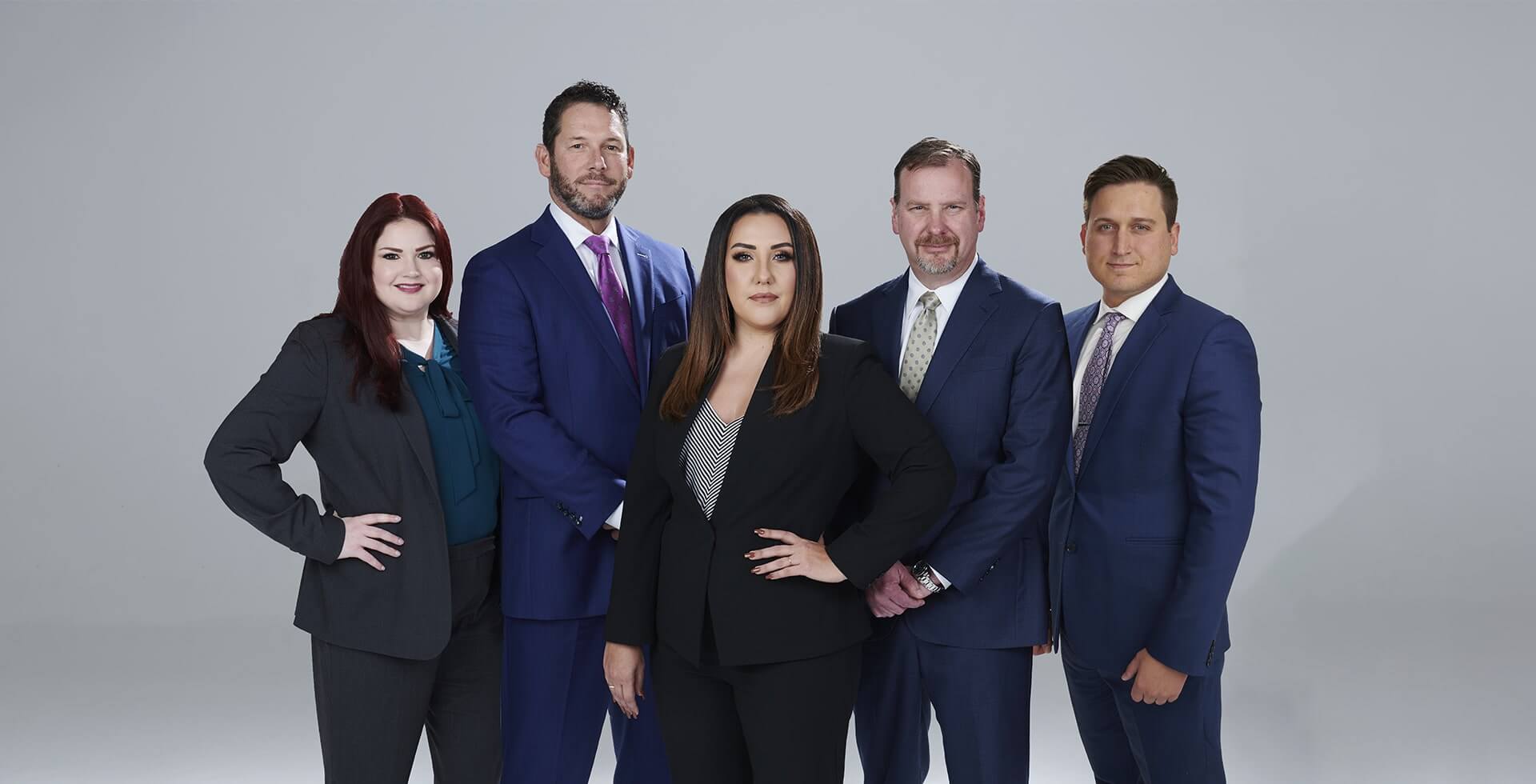
When accidents happen on Oklahoma roads, even minor collisions require contacting the police or documenting the event. Failing to follow state laws for reporting crashes can negatively impact insurance claims and legal rights down the road.
| When Police Must Be Contacted | When Police Contact is Optional |
| Injury or fatality | Property damage under $300 |
| Damage over $0 | Hitting unattended vehicle or object |
What obligations do drivers have after an accident in Oklahoma?
When two new roundabouts were constructed in 2021 near Ellensburg, OK, local motorists had to adjust to an alternative way of navigating on and off I-90. Although most traffic moves as smoothly as planned, there are frequent fender-benders when drivers do not understand how to use these traffic-calming intersections correctly.
If the accident happens during rush hour, drivers might not want to take the time to report the incident.
But there are specific laws about when you have to call the police after an accident in Oklahoma, and failing to do so can have important consequences.
All states require drivers involved in a crash to contact police in the event someone is injured or killed. They also require a police report if a certain threshold of damage occurs. In Oklahoma, that level is 0.
It can be easy to reach this level, even in a minor scrape such as the ones that happen in the Ellensburg roundabouts.
So when don’t drivers have to contact the police?
However, in these instances, it is still mandatory to leave contact information where the owner can find it.

Even if the damage seems minimal, contacting the police can be beneficial because most people cannot estimate how much repairs will cost without an expert. Components inside the car could be damaged and overlooked until later. In addition, drivers may suffer injuries that are not immediately obvious.
Having a police report can protect everyone involved in the crash in the event property damage or injury is discovered in the days and weeks afterward.
If another driver is reluctant to give their details, it is possible they are trying to avoid contact with law enforcement. They may be driving with a suspended or revoked license. They may have insufficient or no insurance, meaning they likely do not want a claim submitted. In some cases, the other driver might have previous traffic or criminal offenses and want to avoid getting caught and charged.
By calling the police in situations like this, drivers can protect themselves from motorists who might flee the scene or give false information.
Police intervention is also useful if it is discovered later on that someone gave false contact or insurance information. Police will gather the information from everyone involved and could assist if the details are not checked out.
They will also have a description of the vehicles and drivers to help track down other motorists.
Because responding to accidents with minor damage can be time-consuming for law enforcement, some cities have stopped responding to these collisions.
Another special circumstance where a driver is required to report the accident to the police is if the damages are not settled within six months. An impartial record from the authorities can strengthen a claim against insurance or in a court case.
Even if the collision does not meet the requirements for contacting the police, drivers can still create an accident report to share with insurance companies. It should include information such as:
No matter how minor a crash seems, keeping a detailed record can help protect the rights of those involved.
The above information, along with a police report, can be used to establish liability in the event of an insurance dispute or jury trial.
Another smart move is to consult with an experienced car accident lawyer. They can assess the circumstances and advise on any additional documentation that could support potential damage or injury claims.
An attorney can access reports and information that are not available to clients and submit legal actions to request materials that can benefit the claim.
A police report is available shortly after the accident, but the amount of time varies depending on the location. In general, the first step is to contact the city police department where the accident occurred.
If the crash was reported by a county sheriff or state troopers, then the respective offices will be the points of contact.
After calling the appropriate law enforcement officials, the person needing the report should ask about fees and arrangements for paying them. They should also provide a name and mailing address. In many cases, the request form can be found online. It can then be printed, completed, and taken to the authorities.
Alternatively, drivers can complete the form with the law enforcement officer, pay the fee, and provide an address for receiving the report.
If you were involved in a car accident, contact or call one of our experienced car accident attorneys at Graves McLain at 918-359-6600.

When injury victims need a law firm with a reputation for excellence, turn to Graves McLain Injury Lawyers. We are a top-rated personal injury firm determined to be the best. With decades of award-winning representation, our clients recover the compensation they need to put their lives back together.